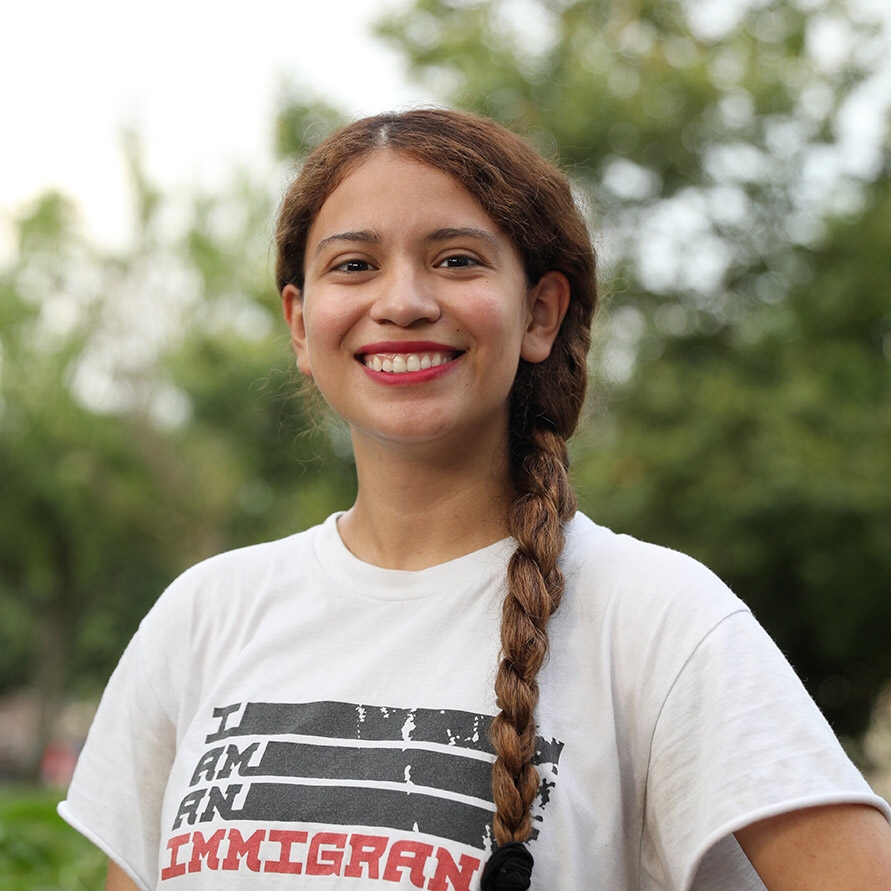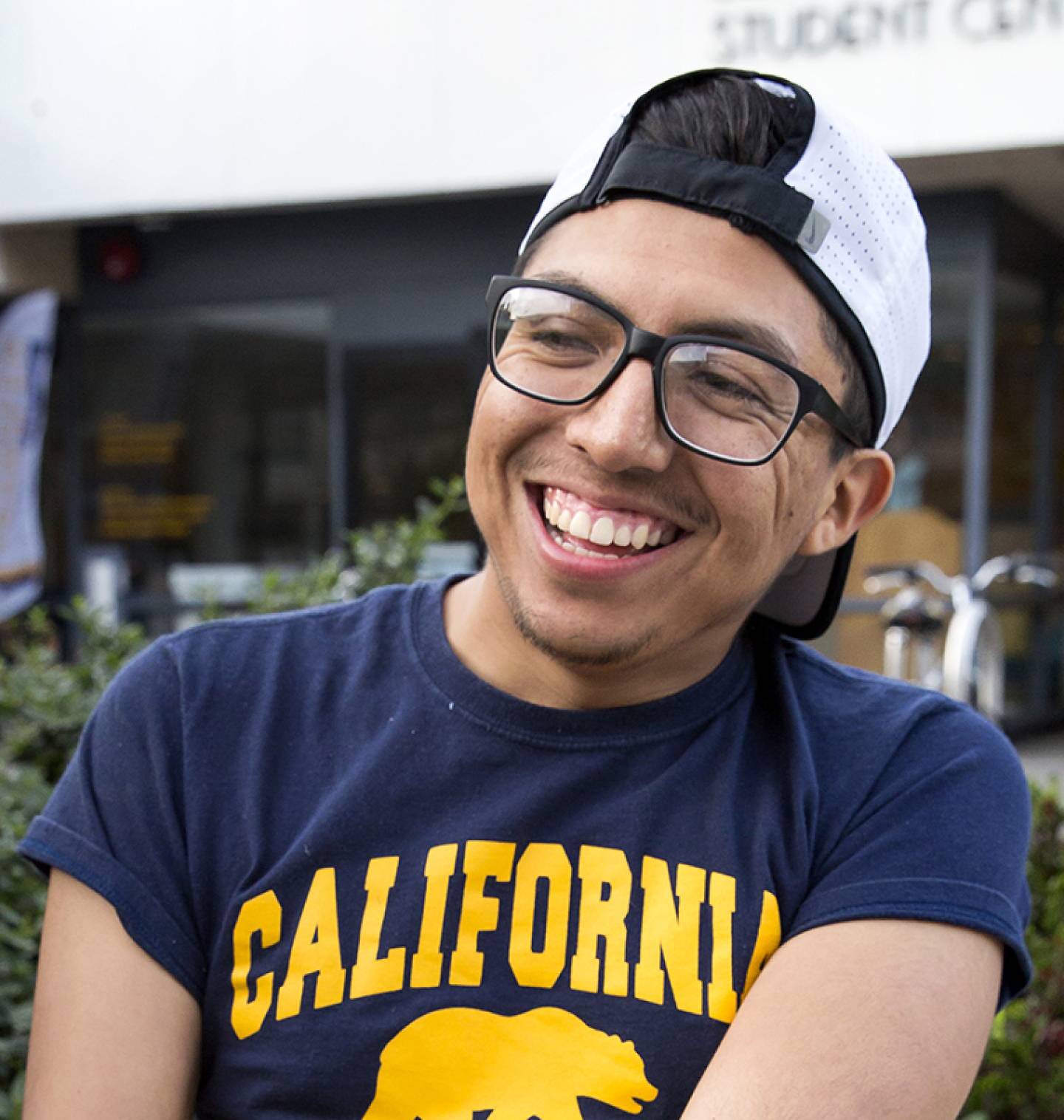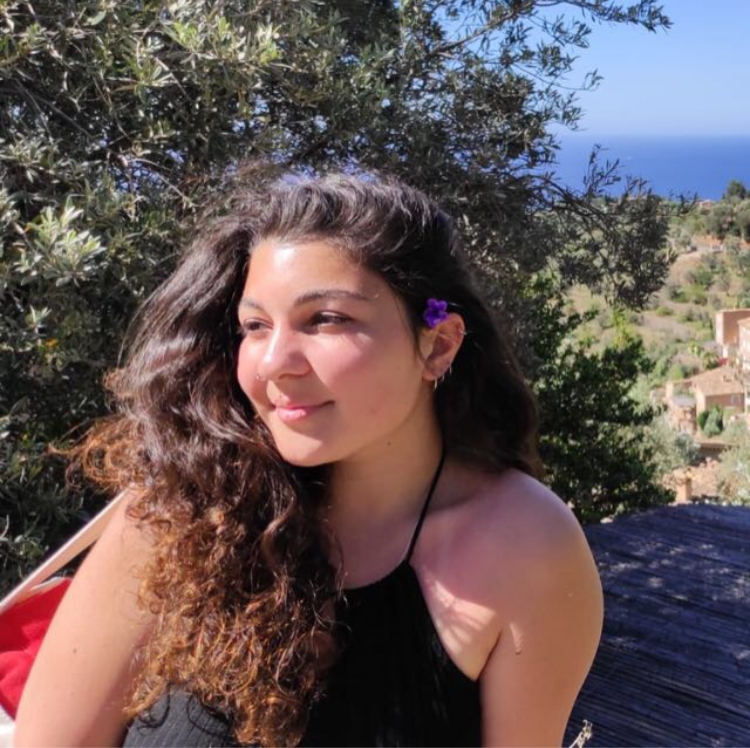Experts from all over the world on education abroad have joined us to bring you truly global experience. Our platform is still growing which means that we will have even more diverse portfolio of consultants soon!
200+
University Representatives
100+
Consultants
500+
Applicants
96%
Satisfaction Rate
What People Say About Us
Information about studying abroad can be obtained by contacting consultants living in different foreign countries.

Kristina Appicant
Belgium
I was unsure if my background was suitable to apply to KU Leuven. Thanks to consultant on Stubie, he gave me all the insights about application process and student life in Belgium. Also, platform is user friendly, so it made the whole experience even better

Richard Applicant
China
I totally recommend people to hire consultants from Stubie, especially when applying to the scholarship, because in this way you reduce the risk of getting rejection

Narmin Consultant
Spain
Overall I had a good experience. The communication with Stubie team and the applicants was incredibly smooth!

Start your journey with us
If you have an international study experience and good knowledge of university admission procedure, you are more than welcome to apply for a place on the website! Stubie offers easy registration, great flexibility and complete security.
Apply now
We value your opinion!
At Stubie we do our best to enhance the user experience of our website. By participating in this small survey, you could make a significant contribution to help us know how we could further improve our platform.
Go to Survey